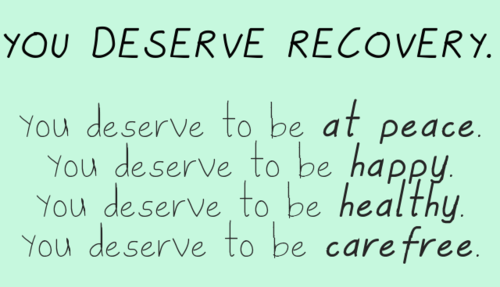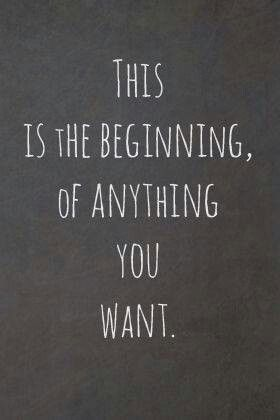A Love Letter to Me: Healing an Eating Disorder
Submitted by nedic blogger on Fri, 05/01/2015 - 12:18
This submission was originally posted on I AM THAT GIRL
Dear Allison,
I know you’ve been hurting for a long time. Silently suffering so as not to burden the ones that you love. The gorgeous smile on the outside completely masks the war that is taking place within you. I know your pain and I know your struggle and I want you to know something important:





